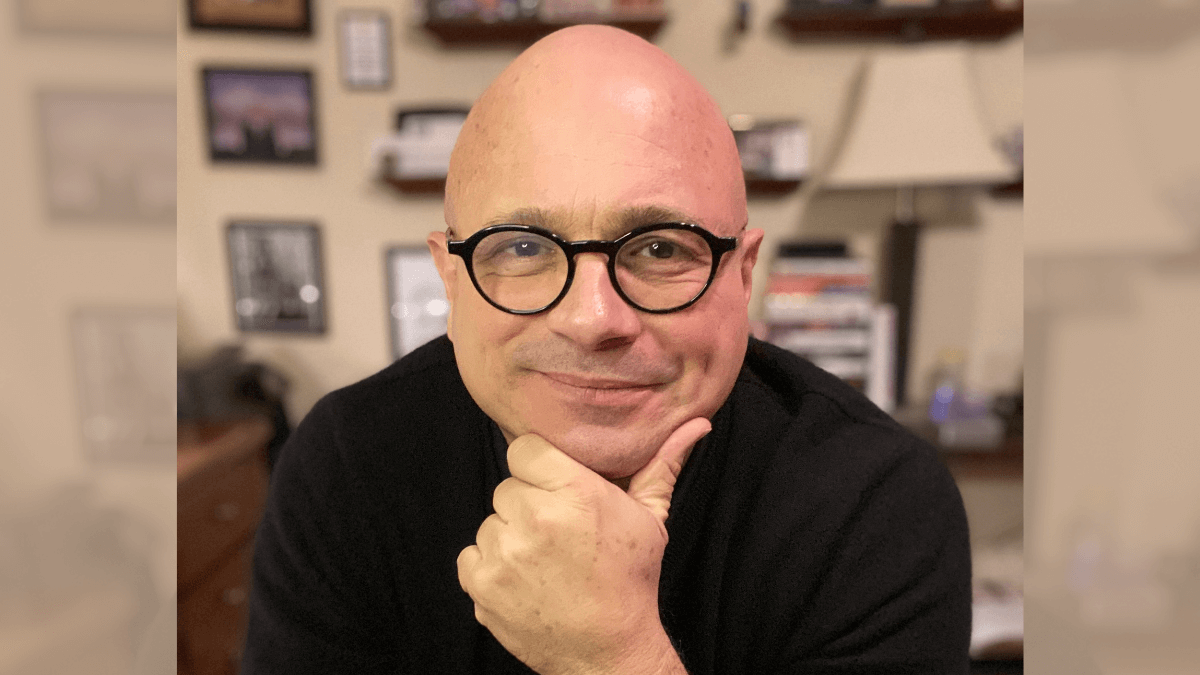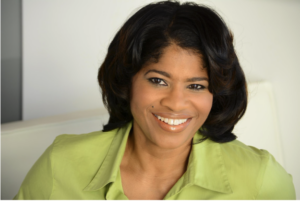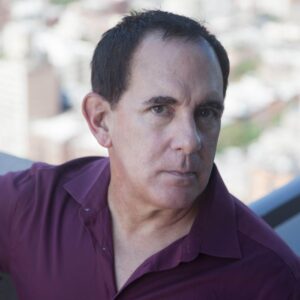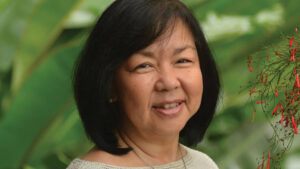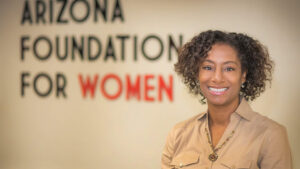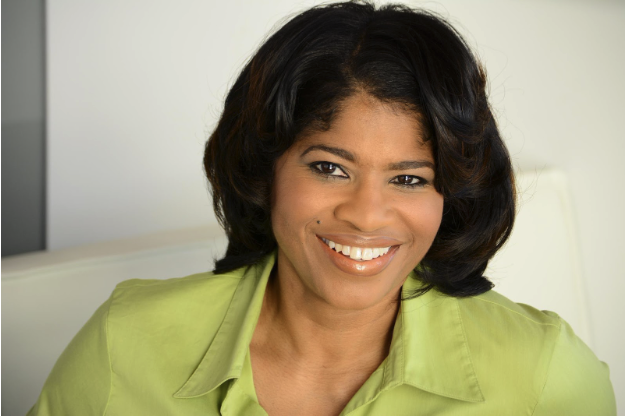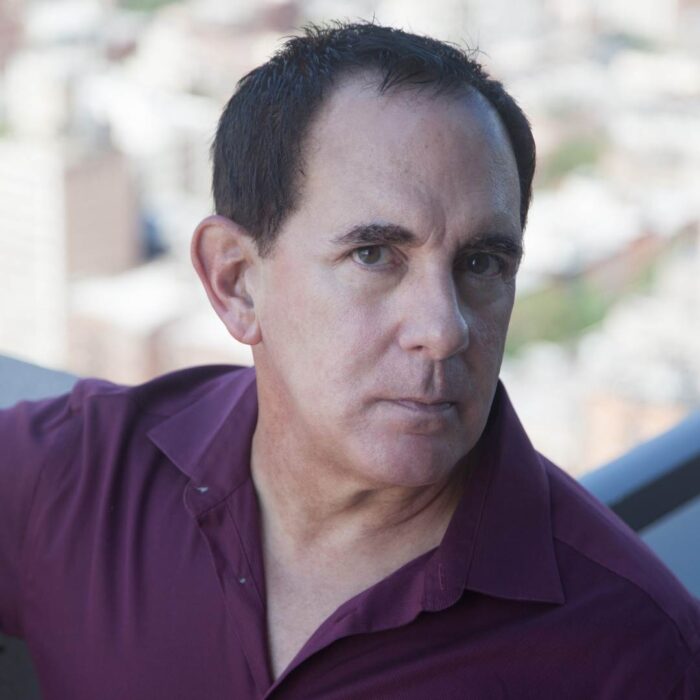An Interview with Kat Mische Elle
John, can you share with us how your first moments of comedy began in your life?
I am from Ambler, Pennsylvania, which is right outside of Philadelphia. I grew up in a row home neighborhood, like the ones you’ve seen in movies. They are tightly packed houses, like 30 houses, all strung together in a neighborhood. When I was 6 years old, I would watch the afternoon and evening talk shows, I would see impersonators and impressionists who were comedians and were very funny. I found out early on at about 6 years old that I could do a lot of those voices from that late 60s, early 70s-time frame. If I wanted to try out a skit on somebody, I would approach my neighbors and do a bit on Ed Sullivan introducing his guests on the show that night, and they loved it. They thought it was hilarious. It was affirming for me to get adults’ attention. Especially in that era, it was very hard to get. During that time, it was preferred that kids were seen and not heard. For me to be entertaining and make an adult laugh was very gratifying. I had kind of a tough upbringing. We had a very stressful home situation. So, to get that positive attention from adults was a wonderful thing to me.
I love the history of comedy. I love what it does for people, how it lifts people up just on a scientific level, by releasing certain chemicals and lightening your mental state a bit. It’s why people seek out ways to laugh and why they go to comedy clubs and watch funny movies. People crave that balance of life and need to laugh. And it was something I could do naturally.
I was kind of fearless as a kid. I didn’t mind getting up in front of adults. I didn’t get tongue-tied, even though I couldn’t speak that well. When I went into first grade, they diagnosed me with a speech impediment. I did eight years of speech therapy, and what the speech pathologists were doing, unbeknownst to them, was that they were not just fixing not the way I spoke, but they were giving me a fundamental understanding of how to manipulate my voice in my throat where sound is made and how my voice should hit when I project it for different things. I learned about throat placement and nasal placement, actual vocal production, and projection. One day I realized that if I can do that in therapy, that meant I could do it outside of therapy and start to mimic other people like Colombo, (a childhood favorite of mine). I love being funny. I love being in front of an audience and seeing their reaction to me being funny. I’ve been doing it since I was a teenager and have been able to make a living at it.
I still remember the first dollar I made. There were two huge moving guys taking furniture off a truck, and one of the neighborhood kids started talking to them, telling the men that I did voices. I immediately jumped into character with my little act, and one of the guys gave me a dollar. I was so excited! It was my first paid performance! I framed that dollar and still have it to this day.
When did you know for certain that being a comedian and character actor was what you wanted to do? What inspired you to move forward with this as a desired career path?
Where I grew up, I wanted what television and films showed me. An actor got to go to different places physically, spiritually, and mentally and live a different life. I knew life was far bigger than where I grew up. I was raised around great hardworking people. But at the same time, I often thought, I’ve got to get the hell out of here! So, performing comedy, was a way out. I just didn’t know how to do it. I didn’t know anyone in the entertainment industry, but I was determined to find my way.
I did gigs at Elks Lodge meetings, or when the mall had a fashion show, I would find a way to be a part of it. I would also do performances in front of my dad’s company banquet. It didn’t matter what it was. Just getting in front of an audience, getting a sense of an audience, and being able to read an audience was everything. I’m glad I kept doing what I did because it really paid off.
At first, I thought I was destined to live out a very specific paradigm I call the James Dean paradigm. Where you work off-off-Broadway, and then off-Broadway, and then you’re on Broadway and then you get a movie. That was the standard career path that a lot of actors had. But I was also doing standup. I was auditioning for television shows and performing sketch comedy. Then, I got my very first corporate gig. It totally changed everything for me. I worked with this fantastic production team with that show, and I made more money than I ever had before. It was an amazing experience in every way.
After that one night, I took a piece of paper and drew a line that went right down the middle of the page, and I wrote out every company and city that I could think of. I thought, there’s a meeting going on in all those cities. Wherever there was a meeting with a huge company taking place, I was going to put myself out there in their view. And that’s when my career changed and totally took off.
I wanted to stay fresh in the minds of any creative directors for when they booked gigs. I started finding out who these creative directors were at these big production companies. I told them, “I’m your Swiss army knife. You don’t need to hire five actors; I can be those 5 different actors, not only that, I write, I have my own wardrobe and I do my own make-up.” My goal was to make their job easier and make myself indispensable.
When I would work with a production company, they would use me over and over. I officially threw away the James Dean paradigm and made my own way and figured out my strengths.
How has your career morphed or amplified since 2020?
I was in a great position because I had been on a roll with being hired to play various characters such as Trump on a bunch of different shows like Conan O’Brien, Chelsea Handler, and James Corden. I am also the voice of Trump on shows in Australia, and in some European countries. With the lockdown and not being able to travel to different studios, I worked from an audio studio that I had built in my house years before. I also had a television studio built in my house before COVID that looks like a replica of the White House press room after Trump took office. So, when 2020 happened, I was in the best possible space, and it worked out great. It was one of my best years.
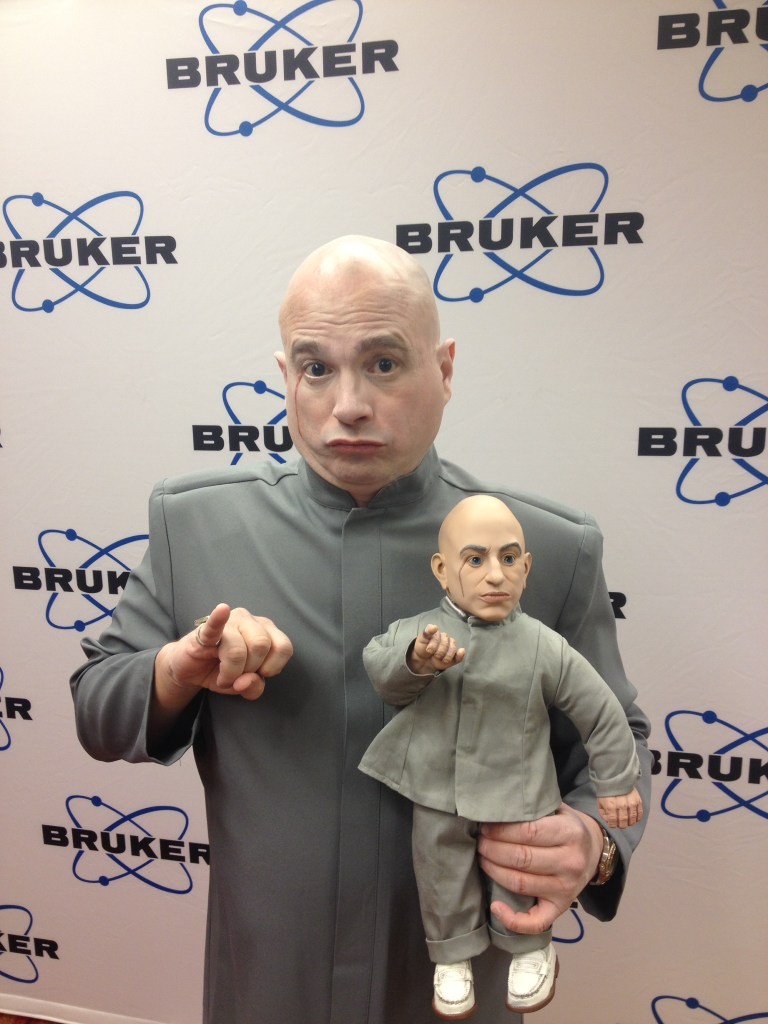
How has your career been an exercise for your inspired self-care?
I’m so lucky. So incredibly lucky and grateful to do what I do to make people laugh. I was going through my comments on YouTube. And one of the most gratifying things I read was, “Thank you so much for making us laugh here in Kashmir. It’s been very tough.” When people write me from Vietnam and Kashmir or in Pakistan saying, “Thank you for making us laugh. We need it. It’s kind of a dark time.” That really elevates me and inspires me to keep doing what I’m doing. Laughter is good for the soul in both directions. Mine and theirs. I try to keep the ego out of it. If you watch any of my comedies, it’s not mean-spirited. I try to just go right down the middle of the road and make people laugh about what we as people do in the foibles and fables of all of us as humans. My career keeps me enthusiastic and humbled in gratitude. In balance.
I make sure I have some serious quiet time where I can hit the yoga mat, pray, and meditate. That quiet time fuels my rejuvenation. And I love reading books about neuroscience.
What has been your finest moment, something you’re truly proud of?
Because I don’t have kids, my career means a great deal. In 2019, I was asked to perform in front of the European Parliament, located in Brussels. I thought that was great. They asked me to be Trump. It was a lot of fun.
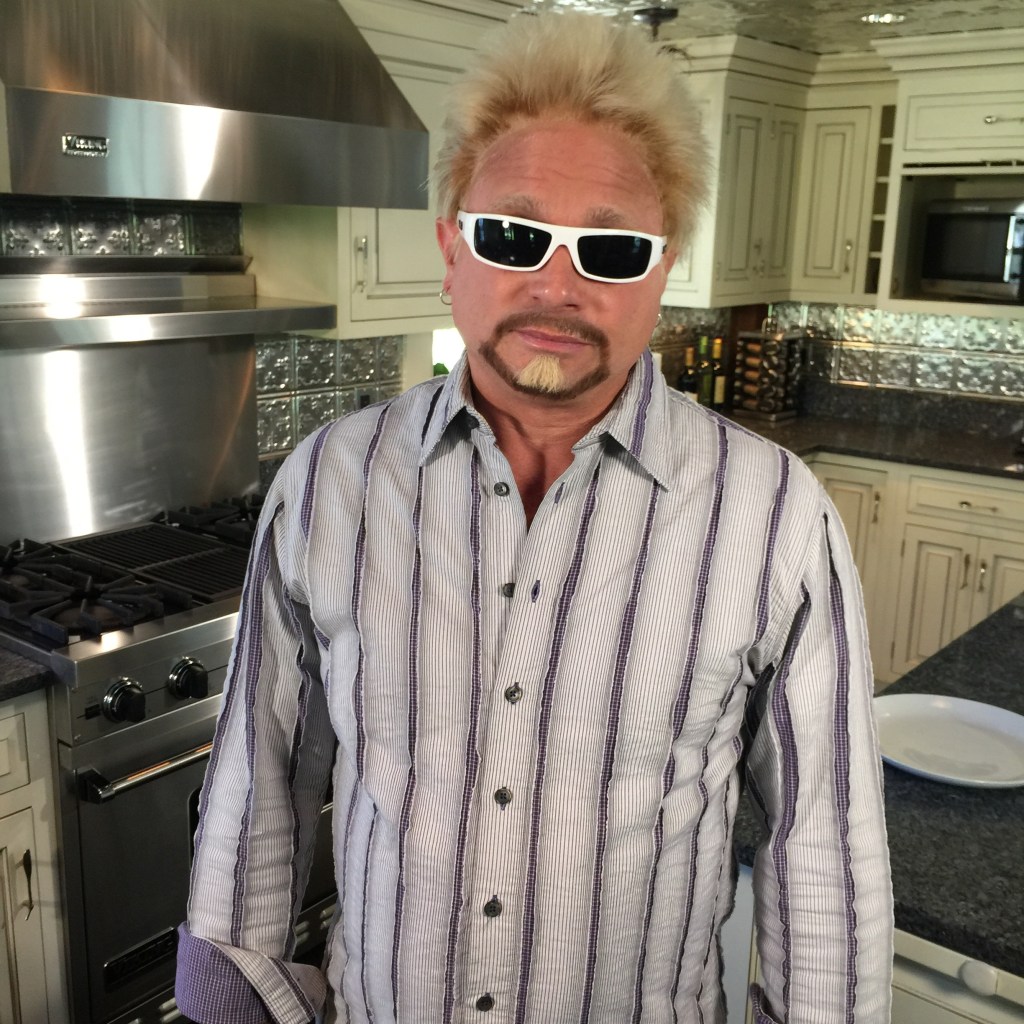
What are your plans with your comedy for the rest of 2022?
Currently, I’m part of a show at Notoriety in Las Vegas it’s all TikTok performers and that’s running for over two months. My plan is to keep doing my corporate comedy around the country and spend more time doing comedy in clubs and larger venues plus my appearances on Howard stern, James Corden, and Jimmy Kimmel.
Where do you place your biggest gratitude for learning the steps in your success?
I would say my biggest gratitude would be for my father. He had a ninth-grade education, fought in World War II, and was an incredibly hard-working man. He was a steelworker who also had a weekend landscaping business. I started working with him on the weekends when I was 11 or 12. We worked hard. He helped shape my work ethic, and it reflects back to my father when people tell me I’m the hardest working man in show business. Also, people who really pushed me to read. I had dyslexia, so I couldn’t read for a long time. But when I finally was able to start reading and understanding what I read, my mind was able to open up, and I began to visualize my future.
What’s the easiest way for people to follow you these days?
You can go to my website, http://www.theJohnnyDshow.com. On Instagram and TikTok @theJohnnyDshow, Twitter, johnnyd23, Facebook, ‘John Di Domenico Comedy’. I’m on. LinkedIn, John Di Domenico

